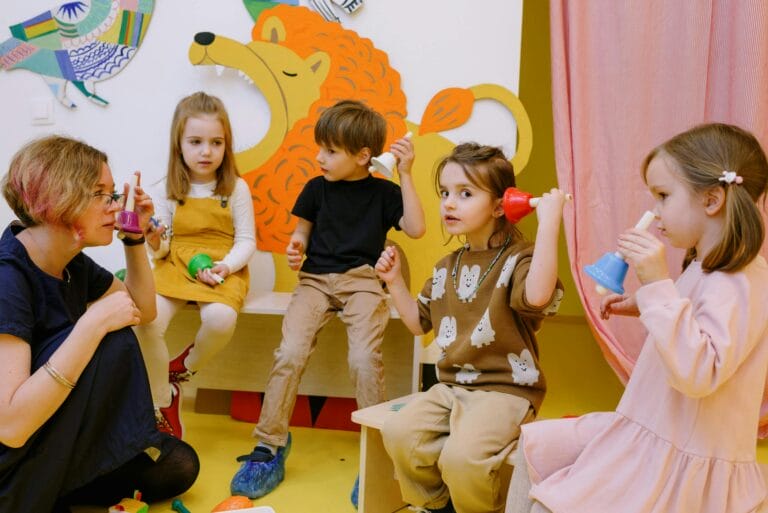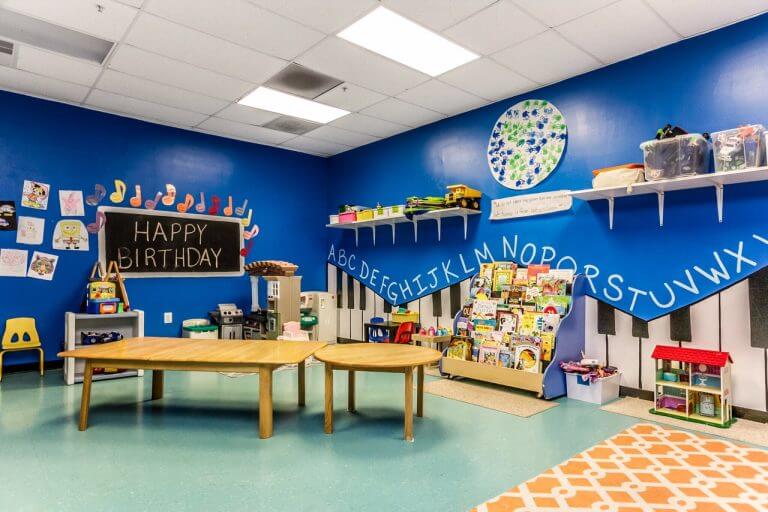Preschool children are known for their curiosity, energy, and desire to explore the world around them. However, at times, they may exhibit challenging behaviors, such as biting. Biting in preschoolers is not uncommon, but it can be distressing for parents and educators alike. Understanding the underlying reasons behind this behavior and employing effective strategies to address it is crucial for creating a safe and nurturing environment for all children. Let’s explore the common reasons why preschoolers bite and provide practical tips for parents to manage and prevent biting incidents.
Understanding the Reasons Behind Biting Behavior
Expression of Emotions: Preschoolers are still developing their language and communication skills, leading them to use physical actions, like biting, to express their emotions. Biting might be how the child is conveying frustration, anger, fear, or even excitement.
Teething: For younger preschoolers, biting can be a natural response to the discomfort of teething. The pressure on their gums can provide relief, but they may not yet understand that biting others is inappropriate and harmful.
Imitation: Children at this age are highly impressionable and may mimic behaviors they observe in others, even if those behaviors are negative. If a child witnesses biting among their peers or older siblings, they might imitate it.
Seeking Attention: Biting can sometimes be a means for a child to gain attention from caregivers or peers, especially if they have noticed that biting elicits a strong reaction from others.
Exploration and Sensory Stimulation: Preschoolers are still discovering their senses and the world around them. Biting can offer a unique sensory experience and provide information about objects or people.
Strategies for Addressing Biting Behavior
Stay Calm and Provide Immediate Comfort: If your child has bitten someone, it’s essential to remain calm. Reacting strongly might inadvertently reinforce the behavior. Instead, comfort the child who was bitten, and gently explain that biting hurts and is not acceptable.
Use Clear and Simple Language: Preschoolers understand simple explanations better. Clearly communicate that biting is not okay and provide them with alternative ways to express their emotions or needs.
Teach Empathy: Help your child understand how biting makes others feel. Encourage empathy by asking questions like, “How would you feel if someone bit you?” This can foster emotional awareness and sensitivity towards others.
Offer Alternatives: Provide your child with alternative ways to cope with strong emotions, such as using words to express their feelings or using a stress ball to release tension.
Be Consistent: Consistency is key to behavior management. Ensure that all caregivers, including preschool teachers, use the same approach to address biting. This consistency helps the child understand that biting is not acceptable in any situation.
Set a Good Example: Children often learn by observing adults. Demonstrate appropriate ways to handle frustrations and conflicts without resorting to aggressive behaviors.
Encourage Positive Reinforcement: Praise and acknowledge your child when they use appropriate behaviors to express themselves or resolve conflicts. Positive reinforcement can be a powerful motivator.
Monitor Fatigue and Hunger: Sometimes, biting incidents may occur due to tiredness or hunger. Ensure that your child is getting enough sleep and regular meals to minimize these triggers.
How to prevent biting incidents
Supervise Playtime: Keep a close eye on your child during playdates and social interactions. Intervention at the earliest signs of frustration can prevent biting from occurring.
Teach Effective Communication: Help your child develop their communication skills. Encourage them to use words to express their needs, feelings, and desires.
Offer Safe Teething Solutions: If your child is teething, provide safe teething toys or chilled teething rings to soothe their gums.
Provide Ample Play Opportunities: Engaging in age-appropriate activities can channel your child’s energy positively and reduce the likelihood of biting due to boredom or restlessness.
Foster a Positive Environment: Ensure that your child’s environment is nurturing and supportive. A positive atmosphere with plenty of love and attention can help prevent attention-seeking behaviors like biting.
Addressing preschool children’s biting behavior requires understanding the reasons behind it and employing effective strategies to manage and prevent it. As parents, staying calm and providing clear communication are essential when addressing biting incidents. Encouraging empathy, offering alternatives, and setting a good example will aid in teaching your child appropriate ways to handle their emotions and conflicts. Consistency among caregivers and positive reinforcement are crucial for promoting positive behavior. By creating a supportive and understanding environment, parents can help their preschoolers develop healthier ways of expressing themselves and interacting with others.







